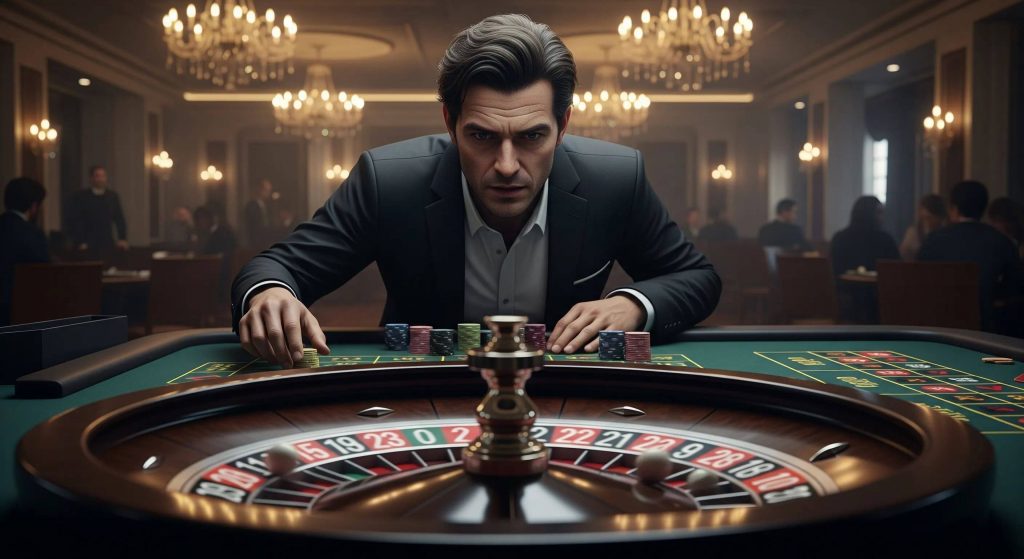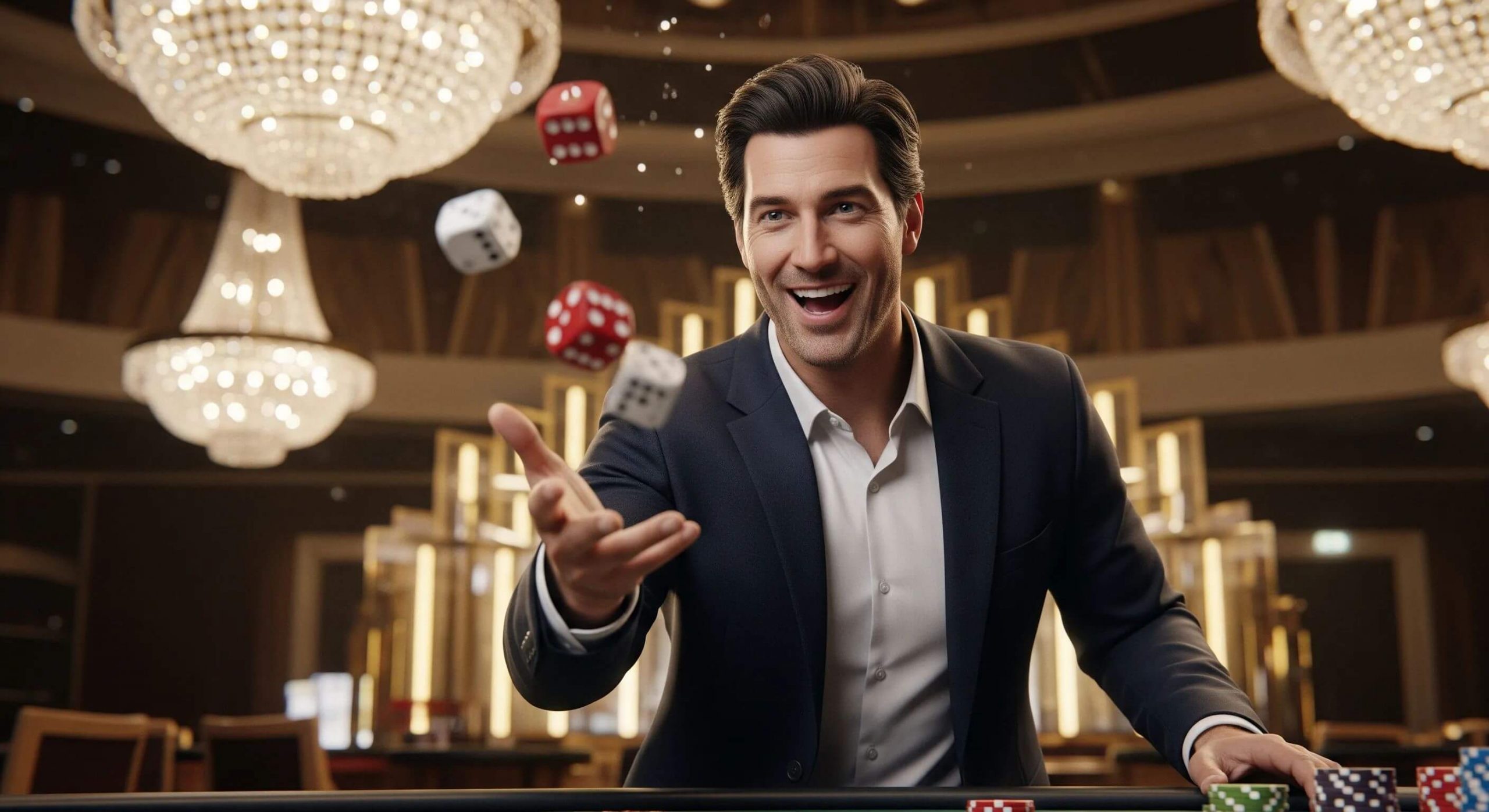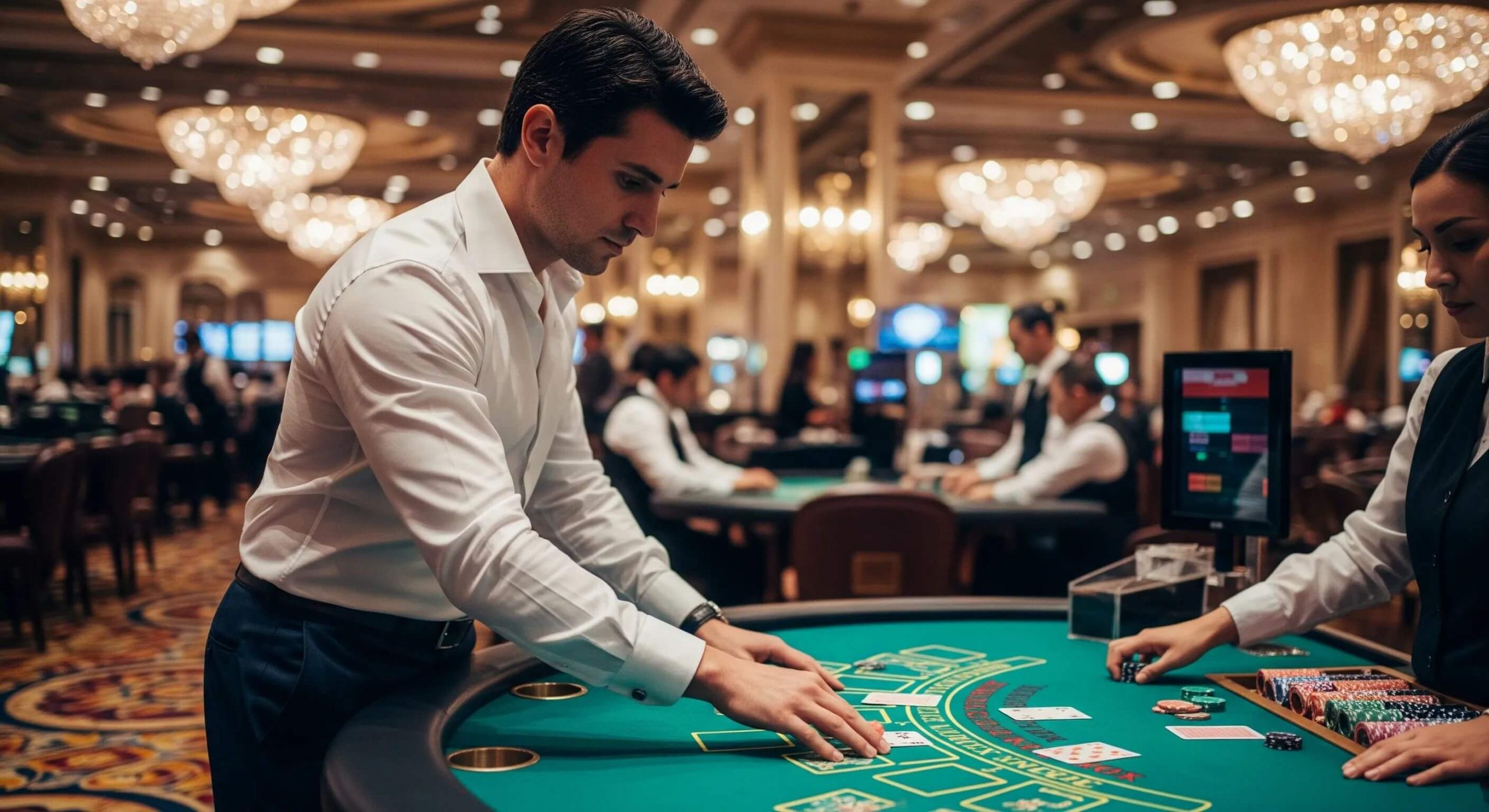
The hidden costs of chasing losses in gambling

Watching someone chase their losses is like watching a car slowly skid off an icy road. You can see where it’s headed, but most of the time, there’s no stopping it. Over the years, I’ve seen it all—punters, professional bettors, casual players—thinking they can dig their way out of a hole by gambling harder. But once you start throwing good money after bad, you’re not betting anymore. You’re firefighting with kerosene. This mindset—that a big win is just around the corner, ready to erase all mistakes—is the gambler’s mirage. It looks real, feels real, but it’s a cruel illusion that devastates more than just bank balances.
Understanding the spiral of emotional debt
Chasing losses isn’t only about money. The real damage comes from what I call emotional debt. Let’s say you lose £200 on a blackjack session. Rationally, you should walk away and reassess. Instead, what many do is bet £500 the next hour to ‘make it all back’. What started as a net £200 loss could spiral into four-figure territory in an evening. If you want to understand how quickly emotions can cloud judgment and lead to financial ruin, you might want to read about beginner gambling mistakes —it could save you a fortune in the long run. Emotional triggers—frustration, ego, even embarrassment—cloud judgment faster than any cocktail served at the tables. You start believing your luck will turn simply because it has to. Let me let you in on something: the wheel doesn’t owe you anything. Feeling wronged by a machine or table only ensures one thing—you’ll act out of emotion, not logic.
The financial snowball effect
Most players underestimate just how fast the numbers stack up. Losses compound exponentially when emotion takes over. I’ve watched players drain savings, max out credit cards, even tap into payday loans in an effort to recover what was ‘theirs’. What they don’t realise is that by then, it’s not about the original amount lost—it’s about their pride and denial. A client once dipped £300 into roulette trying to recover a simple £50 poker loss from earlier that night. That £50 cost him his rent money and a month of sleepless nights. It’s not rare. It’s textbook. And here’s the kicker—most regulated casinos, even the well-regarded ones like Dream Vegas, offer tools like deposit limits, time-outs, and loss caps specifically to avoid these traps. But the players who need them most rarely activate them.
The misconception of beating the system
Modern gamblers, especially online newbies, fall prey to the myth that clever strategy or sheer persistence will outwit the house. House edge isn’t just a percentage—it’s a long-term guarantee. Whether it’s blackjack, slots or even seemingly straightforward games like roulette, the numbers are rigged slowly and methodically against you. If you want to understand how the house maintains its advantage, you might want to read about beginner gambling mistakes —it could save you a fortune in the long run. I’ve seen newcomers repeat common errors—placing increasing bets hoping for a rebound, doubling down blindly, or moving to a different game thinking it’ll improve their odds. Often, their biggest mistake is ignoring the obvious. If you recognise yourself in any of this, you might want to read about beginner gambling mistakes —it could save you a fortune in the long run.
The psychological burnout that goes unnoticed
Most folks only tally the money. But the sleeplessness, anxiety, and guilt that come with chasing losses? That’s what really stays with you. One night of bad chasing can cost you your peace of mind for weeks. And it’s not just limited to high-stakes players. Even losing £100 the wrong way—chasing out of pride instead of backing off—can eat away at your confidence, not to mention your relationships. I can’t count the times I’ve seen players ruin friendships, lie to loved ones, or isolate themselves simply because they were too ashamed to admit how far they’d gone. The need to hide it only fuels the behaviour. Worse, many switch platforms and look for instant withdrawal casinos to fuel spontaneous bets, thinking quicker cash-outs means faster recoveries. All it does is increase the tempo of their downfall.
Why it’s rarely a learning experience
Unlike other financial setbacks in life, losses chased in gambling rarely lead to useful lessons—unless you stop early. That’s the crucial difference. When someone crashes in stocks or real estate, they usually analyse, reflect, and become more cautious. But gamblers who chase tend to get addicted to the high-risk play rather than the outcome. They define themselves by wins, not by strategy or consistency. Several of my long-term clients who’ve been through this eventually tie the behaviour to deeper psychological patterns—impulsiveness, seeking validation, or even escapism. Recognising these patterns is the first serious step toward change. The second? Learning how to walk away, and more importantly, when not to log in at all.
A disciplined exit isn’t weakness—it’s the real win
Here’s what I tell those willing to listen: Your biggest win isn’t hitting a jackpot. It’s having the discipline to walk away with your capital—and mental clarity—intact. Whether you’re playing in a slick venue or exploring a fast-payout online casino, the principle remains the same. Chasing is a seduction. It whispers promises of redemption and reward, but it’s mostly smoke and mirrors. There’s no shame in losing occasionally; there’s wisdom in knowing when not to chase. Real skill in gambling—whether online or offline—lies in knowing how to manage your losses with grace, awareness, and a cool head. Smart play isn’t just about what you win—it’s about what you don’t lose chasing shadows.
 Related Blog posts
Related Blog posts

